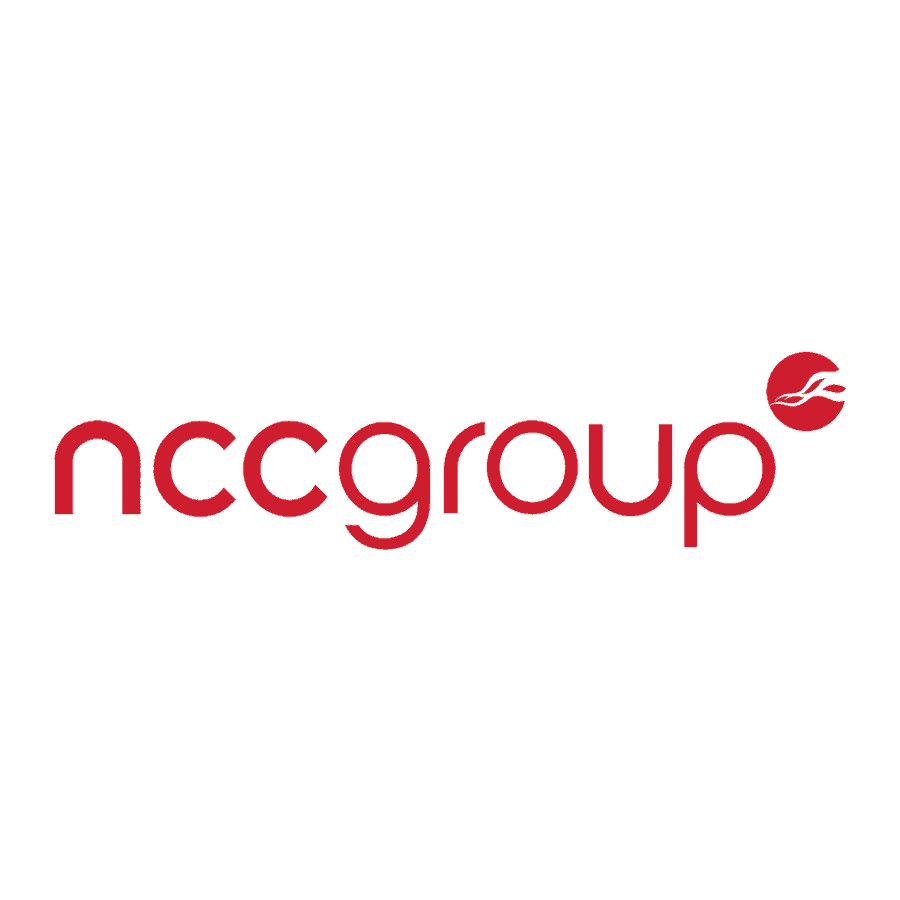Service knowledge management helps service agents and self service interactions become effective, timely and conclusive. The key is to address 3 simple aspects of knowledge management and deliver an integrated approach.
Design for single source of knowledge with multichannel delivery:
Consider the impact of this for a student assessing and trying to select which university or degree course to attend. Likewise imagine accessing a health care provider to learn about, decide on and undergo a treatment cycle. In both cases the end user will experience multiple interactions and require different types of complex information
Most end user and consumer interactions are relying on multichannel delivery of relevant information to help the consumer make and execute their choice. Retail and consumer brands achieve success through multiple parallel interactions and service organisations will interact many times with one client to deliver a single service.
Service Knowledge Management Tying Knowledge Together
The challenge is to make sure that each and everyone of the interactions provide prompts, accurate and concise responses to enquiries. By tying together all sources of information through service knowledge management solutions, you can ensure that the end user receive the same response regardless of channel.
The best solutions are indexing all relevant knowledge at source and making this available across all active channels including service desks, phone response teams and on-line self service. By indexing all available knowledge and serving this through multiple channels you can ensure consistency and integrity of the advice provided.
Key features that enable this include:
- Simple search capabilities supporting natural language search and user focused content listings
- Easy access to reports and tools for identifying and closing knowledge gaps
- Segmentation of access to the knowledge base through user segmentation
Design for natural language search to make it easy for the user
Service interactions whether on-line or through service agents ultimately involves a human being looking for an answer. Most critical to service effectiveness is the ability to interpret the need which is often stated as a question. Organising and indexing available knowledge in ways that allow natural language search increase the effectiveness of the service.
Natural language search with continual refinement of search results through user feedback will take the user to the best answers first. It will also increase the effectiveness of interactions across all channels as both questions and answers gets indexed and correlated together with their efficacy.
Reporting and Knowledge Base Curating Tools that Creates Focus
Any knowledge base will have gaps, either missing information or information that does not accurately address the users needs. By monitoring and reporting on the actual service interactions, information can be added or modified to ensure the most common needs are served better over time.
This approach while requiring effective reporting tools will substantially increase the effectiveness of knowledge base maintenance. Used appropriately it will focus all effort on the most significant and relevant gap at any one time.
An approach that is based on user questions and the efficacy of existing information allow for dynamic updating and expansion of content. This can be driven by service agents, knowledge owners and overseen through a knowledge management coordinator with the help of effective reporting tools.






